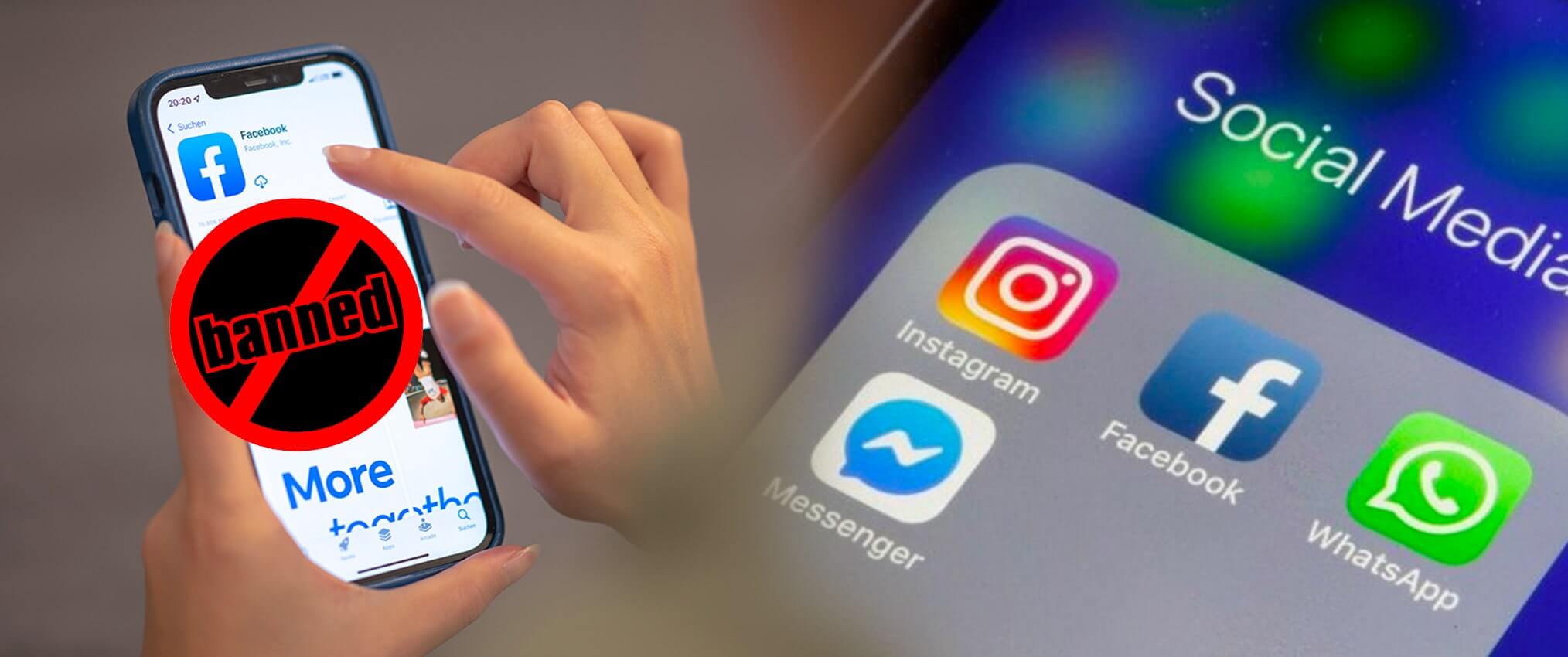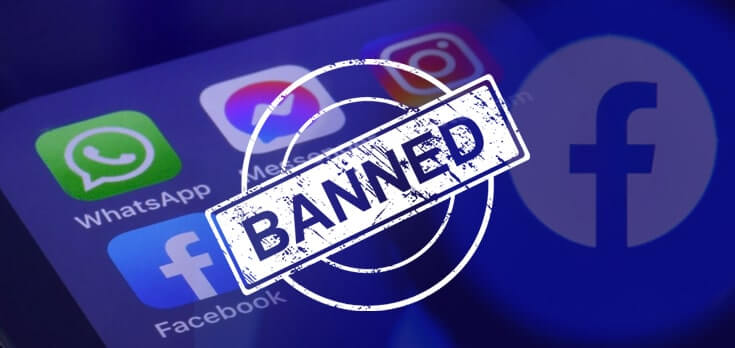A Moscow court banned two social media networks owned by Facebook, Instagram and WhatsApp, under Russia’s extremism law. The presiding judge granted a prosecutor’s request to block the social networks with immediate effect, citing the platforms’ “extremist” policies as directed against Russia and its army troops.

According to Interfax, an independent Russian news agency, a lawyer for Meta told the Russian court that the company wasn’t subject to its jurisdiction because it is a foreign-registered corporation without ties to Russia.
The decision marks the latest in a series of events since Vladimir Putin invaded Ukraine. Russian regulators blocked access to the social media sites Facebook and Instagram in early March. The designation would allow criminal charges to be brought against any employees who violate the law while operating in Russia. Thus far, however, there are no Facebook employees in Russia.
Russian authorities have grown increasingly aggressive in their efforts to control the Internet in recent years, and this month passed a law that allows for fines and prison time for what officials deem to be “fake news.” The extremist label marks the latest attempt by Russian officials to control U.S. technology firms. Other technology companies with Russian employees may soon be targets of the new extremism law. Russia’s internet censor has warned Alphabet Inc.’s Google that it could face criminal sanctions for hosting videos on YouTube it believes threaten Russian citizens.
Companies in Silicon Valley have resisted the Kremlin’s political pressure since the Russian invasion of Ukraine, preventing some Russian state-controlled media from operating on their platforms and blocking users from posting calls for violence against occupying forces. However, Meta has blocked posts calling for assassinations of heads of states, although it clarified that it wouldn’t block posts calling for killings as long as they weren’t specifically targeted at a particular head of state.
For now, the Russian government will not target the company’s social media platforms. Russia is not seeking to block WhatsApp, a messaging service owned by Facebook. However, Civic Chamber official Alexander Malkevich told the media that WhatsApp also provided a huge amount of false information.
Despite recent efforts by the country to curb access to virtual private networks, social media sites such as Facebook and Instagram remain available for many of Russia's citizens. Daily Facebook users have fallen 40% and Instagram users have dropped 16%.





